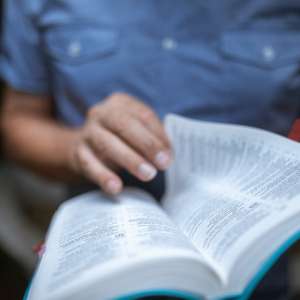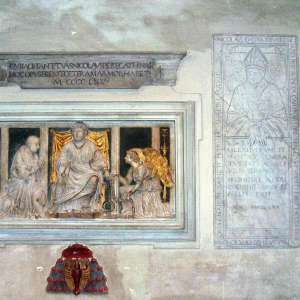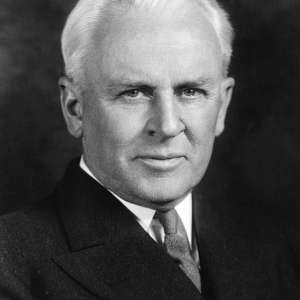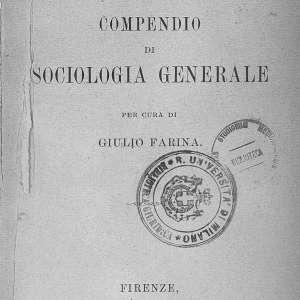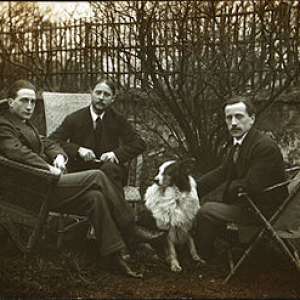
He was not the kind who started revolutions, but the kind who brought order to the ensuing chaos. His mentor, Martin Luther, was brash, impulsive, and forceful. But Philip Melanchthon was a timid, sober-minded unifier. Luther, by his own admission, was “substance without words,” while his brilliant young disciple was “substance and words.”
Luther had little concern for precision or guarding against misconception; Melanchthon made nuance his forte. Luther said he used a spear, while Melanchthon used pins and needles. Luther was a pioneer, hacking his way through centuries of superstitious brush with an apostolic machete. But Melanchthon, like Bullinger in Zurich and Calvin in Geneva, played the part of the calm, collected systematic, grading the Protestant path for generations to come.
He was “the quiet reformer” — and a fitting complement to the loud, boisterous Luther. But not only was Melanchthon known as quiet and peaceful, but on occasion he demonstrated an explosive temper. And not only was he relentlessly curious, and a master of many subjects, but he also was strangely superstitious. Like every sinner, he was his own inconsistent blend of virtue and vice, and God was willing to work with that.


